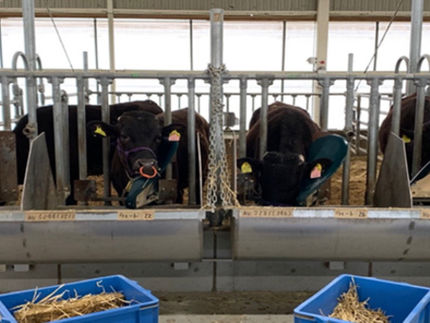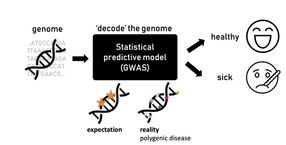What does high meat consumption have to do with low social status?
Low-income households statistically consume more raw and processed meat than higher-income households. Research from Australia suggests that there is a link between the perception of one's own socio-economic status and meat consumption. Obviously, the consumption of meat makes you feel strong and superior. Understanding the psychological background could help influence the consumption of meat in society.

moigram/ Pixabay
The consumption of meat is a symbol of power and status. Those who consider their socio-economic status low prefer to consume meat and even eat more because of this self-perception. This is now confirmed by recent research by scientists at Monash University and the University of Technology Sydney (UTS).
The study, which was published this week in the journal Appetite, confirmed that participants who attribute a low socio-economic status to themselves prefer a meat-based diet. Marketing psychologists Dr Eugene Chan of Monash Business School and Dr Natalina Zlatevska of UTS Business School conducted the study to better understand the psychological background of meat consumption and how it can be influenced.
"There is a symbolic link between meat consumption and feelings of strength, power and masculinity. Traditionally, meat is a food to which a high status is attributed. You serve it to your guests or as the heart of a festive occasion. That's why we wanted to better understand this link to status," says Dr Zlatevska.
Through a series of experiments, the scientists were able to show that it was the desire for status rather than other variables such as hunger or possible nutritional benefits that determined meat preference.
One of the experiments included the Beast Burger, which was described as either meat-based or vegetarian, but offered with the same nutritional profile and packaging. There was a higher demand for the meat product among the participants, who rated themselves lower in socio-economic status.
The attitude to meat consumption and ways to change consumption is relevant for consumption psychologists, the meat industry and advocates of lower meat consumption for health, environmental or animal welfare reasons.
Doctors and dieticians generally recommend eating less red meat and in particular avoiding processed meat such as salami or sausage. The World Health Organisation (WHO) has found a strong link between the consumption of processed meat and cancer.
Studies from the UK and France have shown that working families and low-income households consume more raw and processed meat than higher-income earners. This confirms the new findings of Australian scientists.
According to the OECD, Australians consume an average of 92.5 kg of meat per person per year. This is significantly above the global average. At present about 11% of Australians describe themselves as vegetarian, but the trend is rising.
Scientists suggest that potential consumers can be persuaded to feel they belong to a higher or lower socio-economic status, for example through social comparison or marketing news, and thus influence the extent of meat consumption.
Other news from the department science

Get the food & beverage industry in your inbox
From now on, don't miss a thing: Our newsletter for the food & beverage sector brings you up to date every Tuesday and Thursday. The latest industry news, product highlights and innovations - compact and easy to understand in your inbox. Researched by us so you don't have to.





























































